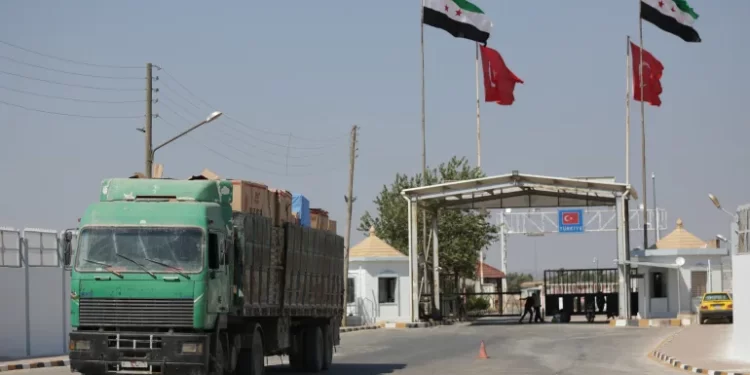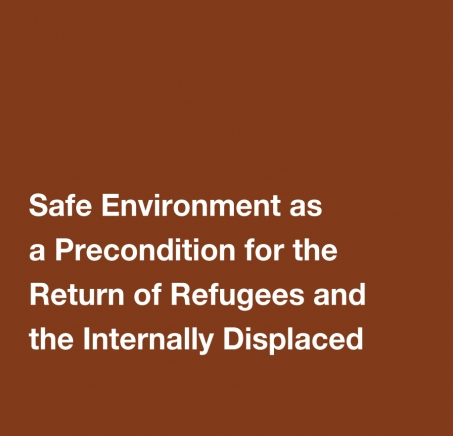Turkey – Press Details
The Turkish Ministry of Trade announced today the reopening of land crossings with Syria to commercial and personal traffic, after a 14-year closure due to the security conditions that have plagued the region since 2011. The decision was made in Circular No. 2025/4, which aims to facilitate trade and passenger movement between the two countries in light of recent developments.
Reopening Customs Crossings
Turkish crossings leading to Syria will be opened to passenger and commercial vehicle traffic, after having been closed since the outbreak of the Syrian crisis. The decision is expected to include major crossings such as Bab al-Hawa and al-Qastal in Idlib Governorate, and Ayn al-Arab (Kobani) in Hasakah.
Private and Commercial Vehicles Allowed
Private passenger vehicles are now permitted to pass between the two countries for personal use, and commercial trucks are permitted to transport goods, subject to customs controls.
Conditions for the Entry of Syrian Vehicles into Turkey
Syrian vehicles wishing to enter Turkey must obtain valid vehicle insurance covering the duration of their stay and comply with Turkish traffic laws and regulations.
Abolishing Restrictions on Goods
Turkey has lifted restrictions previously imposed on the import and export of goods to and from Syria. Trade between the two countries is now subject to the customs regulations applicable to other countries. Transit (the transport of goods via Turkey to Syria) is also permitted, boosting international trade.
This decision is expected to represent a turning point in the border economic landscape, as Turkish companies rush to resume trade with the Syrian market, official crossings become critical points after years of dominance by illegal crossings, and international land transport activity recovers following the legalization of transit through Turkish territory to Syria.
Mixed Reactions
While businessmen on both sides welcomed the decision, political observers described it as “a step on a long road,” amid questions about:
1. The readiness of the crossing infrastructure after years of neglect.
2. The nature of the security guarantees Ankara received.
3. The potential for the weakened Syrian economy to benefit from this step.
Despite the economic positives, questions remain about the security impact of this decision, especially in areas experiencing intermittent tensions. The official Syrian response to the decision has not yet been announced, leaving room for questions about the extent of coordination between the two countries.















